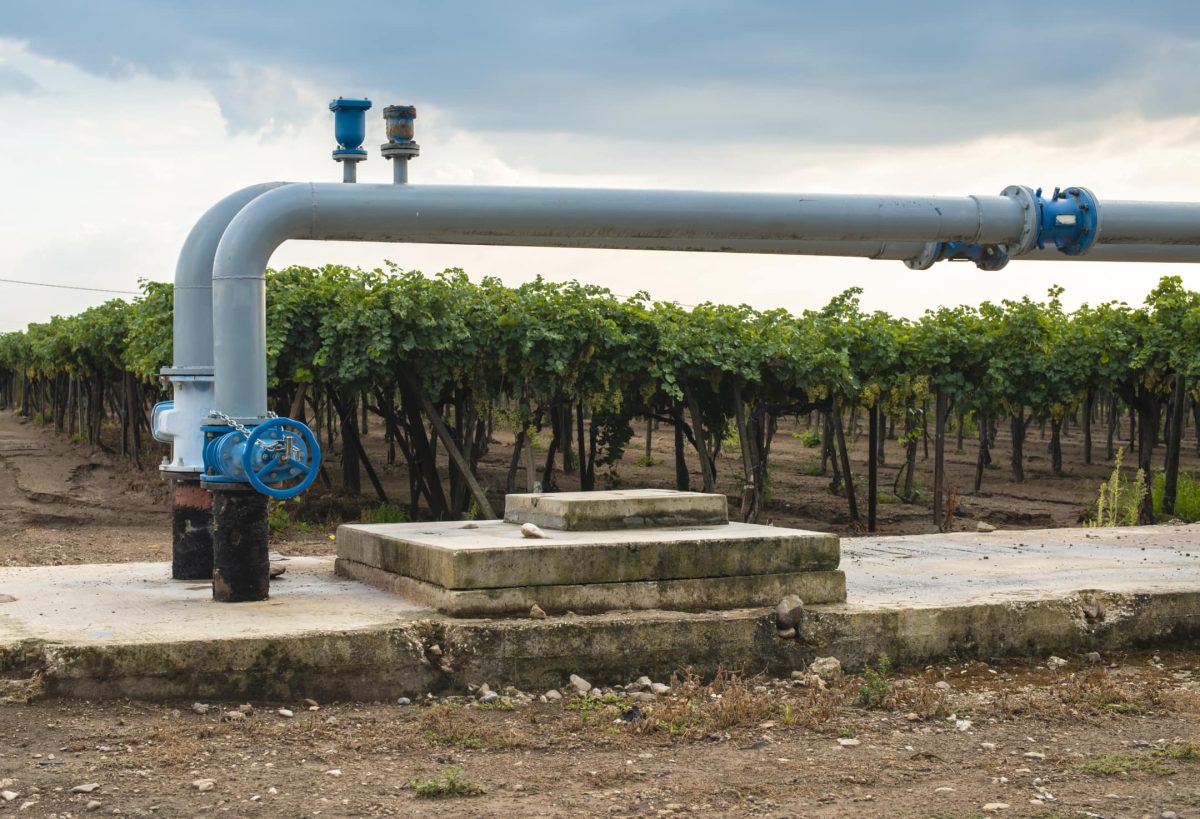Should Agricultural Water Tanks Have Protective Coatings Applied?

Posted on August 14, 2025 by Brent Phillips
Agricultural water tanks play a vital role in U.S. agribusiness, ensuring a steady supply of water for agronomic purposes for crops, livestock, and produce handling. For large corporate operators, the question isn’t just about maximizing longevity—it’s also about compliance and water safety. With evolving federal standards and a competitive operational landscape, understanding whether protective coatings should be applied is essential.
Why Apply Protective Coatings to Agricultural Water Tanks?
Agrarian water tanks are exposed to the elements, corrosive chemicals, and fluctuating temperatures, all of which threaten their structural integrity. When protective coatings are applied, they create a barrier that prevents rust, corrosion, and contamination. This protective measure improves not only the lifespan of the water tanks but also the quality and safety of the stored agricultural water.
Key benefits include:
- Inhibiting corrosion and chemical deterioration for metal tanks.
- Preventing leaching of tank materials into agricultural water, ensuring it remains fit for use.
- Reducing maintenance costs and extending service intervals for tank infrastructure.
- Enhancing compliance with federal and state safety standards for water storage.
Compliance and Regulatory Requirements
The United States Food and Drug Administration (FDA) and Environmental Protection Agency (EPA) regulate aspects of agricultural water use, especially under rules such as the Food Safety Modernization Act (FSMA). These rules require that agrarian water used in growing, harvesting, or handling produce be safe and of adequate sanitary quality. That increases the importance of using water tanks with protective coatings applied to avoid contamination.
Additionally, protective coatings for potable and agricultural water tanks must meet National Sanitation Foundation (NSF)/ANSI Standard 61, which certifies that products in contact with drinking water comply with health standards. Many states reference NSF/ANSI 61 in their public health codes—meaning that, for regulatory compliance, protective coatings applied inside water tanks must be certified for contact with potable water.
Application Standards and Best Practices
Corporate farms should be aware of industry specifications for applying coatings:
- Only use NSF/ANSI Standard 61-approved coatings for any surface in contact with water.
- Apply coatings according to the manufacturer’s directions; improper application can reduce effectiveness and compliance.
- Perform routine inspections and maintenance to assess coating condition and reapply as needed.
- Document all applications and inspections for regulatory audits and risk management.
Types of Protective Coatings Used
Popular protective coatings applied in agriculture include:
- Epoxy coatings for steel tanks
- Polyurethane and polyurea for both interior and exterior applications
- Specialty sealants for joints and seams
The protective coating system chosen should be based on the water tank’s material, intended use, and local regulatory standards.
Operational and Safety
- Ensure any protective coatings applied are NSF/ANSI 61 certified before use.
- Schedule regular inspections of coatings to detect failures early.
- Retain skilled professionals for coating applications to maximize system integrity.
- Applied protective coatings should be well documented to show a good record of regulatory compliance.
- Always consult federal, state, and industry guidelines before applying or reapplying coatings.
A Corporate Advantage
For large agricultural companies, ensuring that protective coatings are applied to all agrarian water tanks isn’t just a maintenance issue—it’s a strategic imperative. Meeting rigorous safety, regulatory, and operational standards protects crop output, reduces liability, and demonstrates proactive stewardship to consumers and regulators alike. In today’s regulatory climate, consistently having protective coatings applied is as crucial as any other best practice in modern agricultural operations.
If your organization is ready to schedule your next protective coating application, call the experts at Cunningham Sandblasting & Painting Co. at (620) 848-3030.